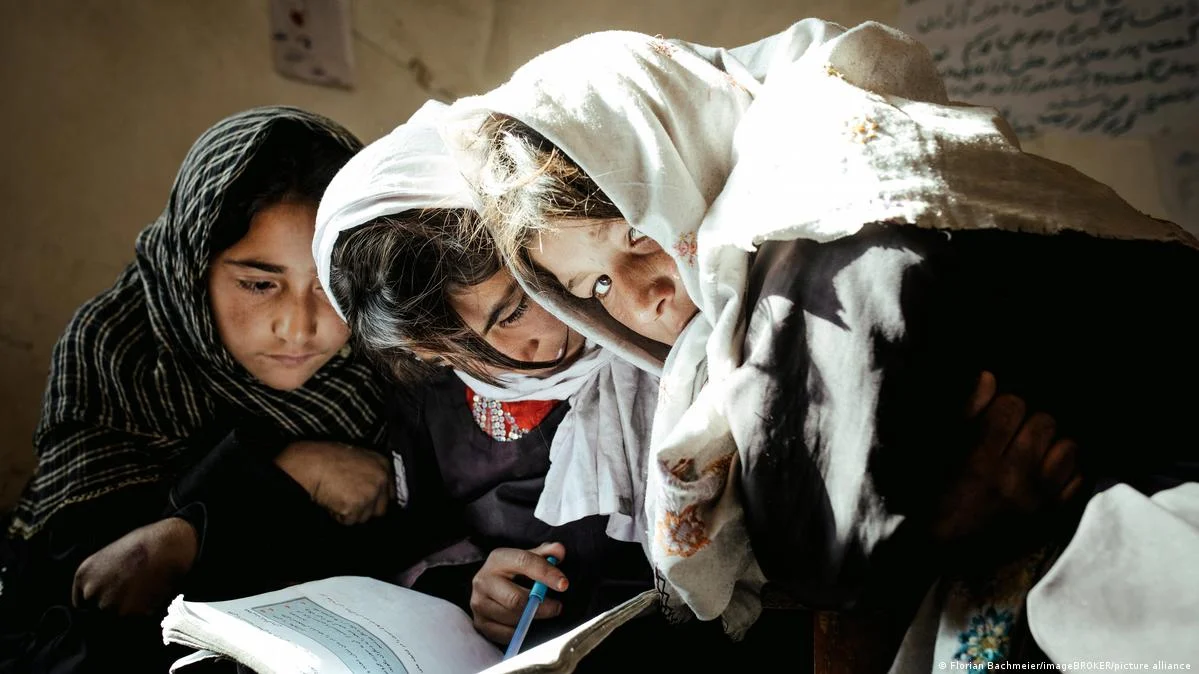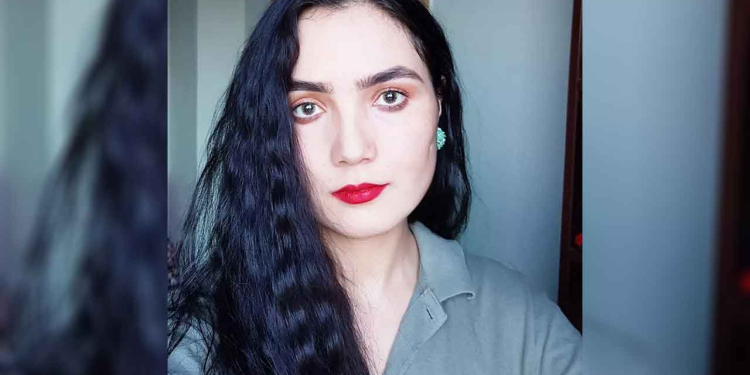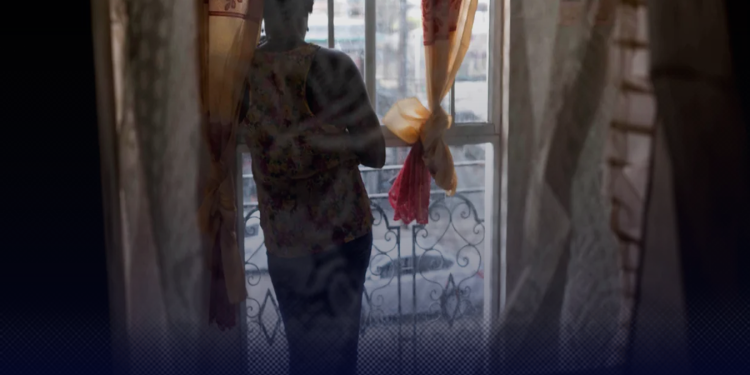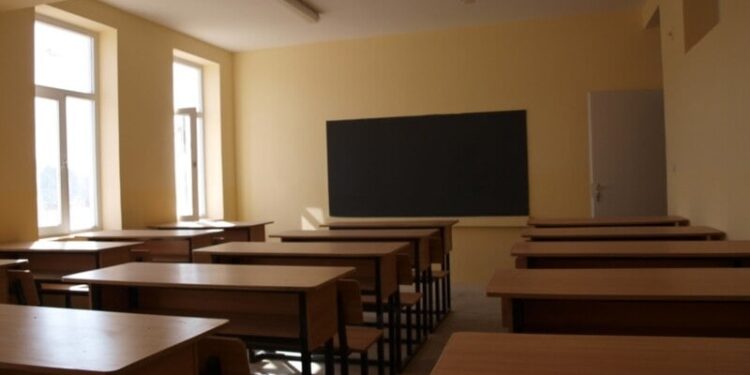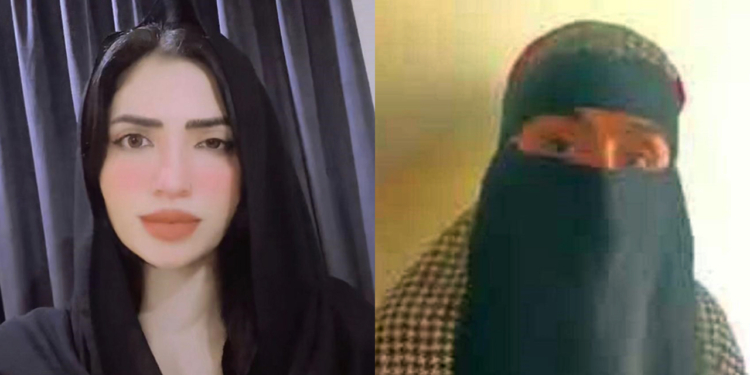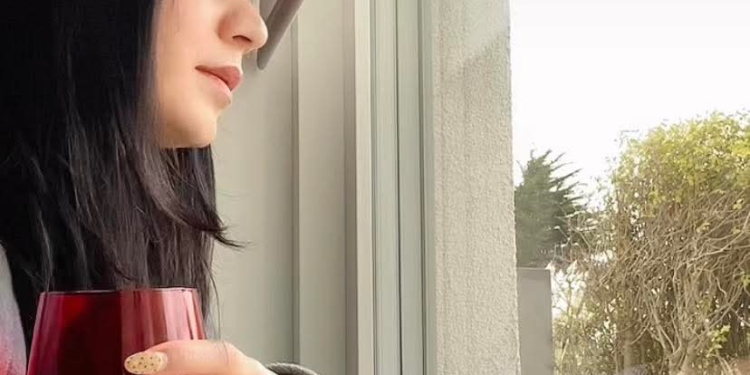By: Masoma Jafari
As a teacher of second-class A, I recently welcomed a new student who caught my eye immediately. I must say, she was the most beautiful girl I have ever laid eyes on. Her face was round and radiant, with big, captivating brown eyes. Her figure was delicate and slender, and her long, dark brown hair was slightly curly, always styled in a charming doll-like manner. However, I couldn’t help but notice that one of her hands appeared noticeably thinner than the other.
As time passed, I learned that she had transferred to our school from Abdul Rahim Shahid High School. However, it soon became apparent that she was not a typical, healthy girl. Both her body and mind had been damaged, and her thin and lovely hand was not healthy either. Despite this, there was no apparent sign of pain on her face and it was not easy to discern her suffering. Yet, as her teacher, I could sense her restlessness and unease, as could her parents and other caretakers who interacted with her daily.
As I delved deeper into Sorayya’s story, I discovered that she was a remarkably intelligent and astute young girl. Despite initially struggling with academic challenges, she persevered and soon caught up with her peers, achieving a level of excellence that was truly impressive. Her success was undoubtedly due in part to the support and assistance she received from her parents, who played an active role in her education and helped her at home.
As the days went by, the time for the annual exams drew nearer. I recall one particular day when the students were scheduled to take a math test – a day that would remain forever etched in my memory. When calling the roll, I noticed that Sorayya had not yet arrived. Concerned, I waited anxiously for her to arrive. A little late, when I was distributing the exam papers, she knocked on the door, and entered the classroom, seeking permission to enter. I guided her to her seat.
As I busily guided the other students through the math test, my attention was suddenly drawn to Sorayya. Something about her demeanor struck me as unusual. Her usually cheerful countenance was replaced with a sickly pallor, her bright skin color a sickly shade of yellow, and her eyes looked completely weary and strained. I approached Sorayya and asked her how she was feeling. With a forced smile, she replied in a tired voice, “I am fine, dear teacher.”
As I was trying to think about and assess Sorayya’s condition, one of my students raised her hand, breaking my train of thought. I turned to address the student’s question, but my concern for Soraya lingered in the back of my mind. When I turned back to Soraya, I could see that her forehead was covered in a layer of sweat. I ran my hand over her thin face and could feel cold sweat on her face. It was apparent that she was unwell, but she was trying to conceal her discomfort. Her complexion had completely turned white.
I leaned in closer to Sorayya and whispered softly in her ear, “Dear Sorayya, are you okay?” She shook her head slightly and replied, “Dear teacher! Last night, after dinner, I started feeling sick, and my father took me to the hospital.” I asked her why she had come to school despite being unwell. I told her that she could have asked her father to call the school office and explain her absence, taking the exam at a later date. But to my surprise, a faint smile appeared on Sorayya’s chapped lips, saying quietly but with great determination, “Teacher, I really love math class. I couldn’t bear to stay at home.”
Sorayya’s words touched me deeply, and I felt my heart swell with emotion. Tears welled up in my eyes as I looked at this pure and beautiful student before me, much like a delicate raindrop. However, on that particular day, her appearance was far from her usual vibrant self. Her complexion was pale, and her hair was unkempt as if she had endured a traumatic experience. As I soon learned, Sorayya was getting into such a situation from time to time, as she was a survivor of a suicide attack that occurred at Abdul Rahim Shahid High School. She had narrowly escaped death, but the experience had taken a psychological toll on her. She had now moved to our school.
A powerful wave of pain and frustration surged within me. I was filled with a deep sense of despair and anger, and I felt like screaming from the bottom of my heart. I wished that the mentally deficient men who commit suicide attacks to attain the imaginary nymphs of paradise could understand that the lives and health of innocent girls like Sorayya, who have only lived eight springs of their lives, are far more precious than any imaginary beautiful women or eternal rewards in the paradise; The imaginary paradise and nymphs that had become a tool for propaganda to recruit terrorists and suicide bombers, turning the lives of people in this region into a real hell.
As a teacher, I have encountered numerous students who have suffered physical and mental injuries as a result of explosions and suicide attacks. The negative impact of these events on their morale, behavior, and education process is all too evident. At times, I find myself wishing that the perpetrators of these deadly incidents could experience the depth of this pain and misery for themselves, to truly understand the senseless and destructive nature of their actions.
A woman possesses the capability to construct a thriving city, imbued with the rays of pure joy and the vastness of happiness and optimism. In our city, however, happiness and hope have been replaced by a shadow of death and terror. Even the children are not immune to the depression and physical injuries caused by the constant explosions and suicides. Sorayya, who could be healthy and have grown up to be a force for change in society, now struggles with pain and suffering. As someone who used to spend half of my day with her, however, I could see firsthand the toll that these events have taken on her.

